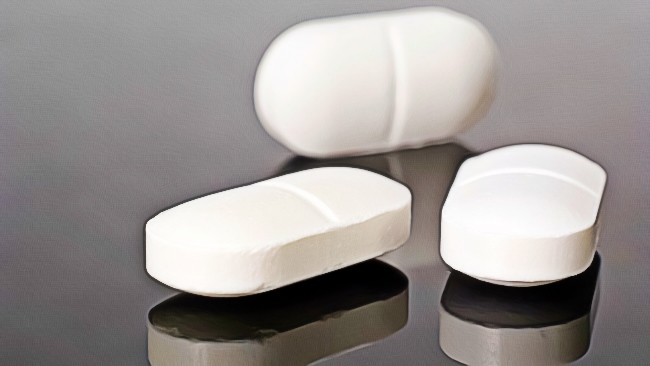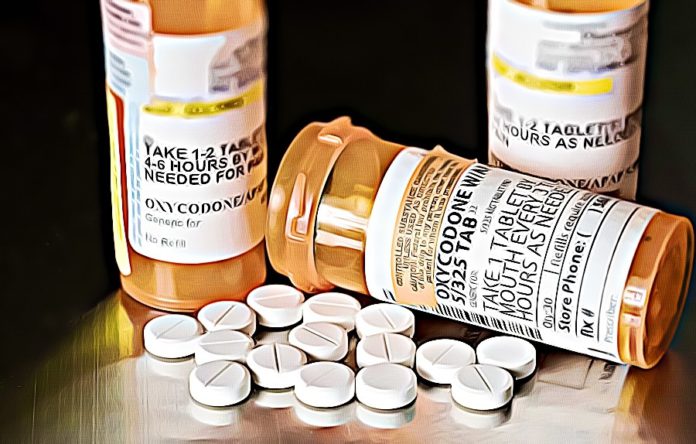Two of the most effective medications that provide relief to short-term pain are oxycodone and hydrocodone. However, taking them for longer periods can cause your body to get used to the drug and develop a dependency. The medication won’t have that much effect on your body as a result, and you’ll need more of it to feel its effects.
Because the feeling that these medications give can trigger misuse, hydrocodone and oxycodone are common opioids that are prescription drugs that are often misused. So if you know anyone who’s developed a dependency on these medications, it’s best to provide support and seek medical assistance right away.
What Is the Difference Between Hydrocodone and Oxycodone?
What Is Hydrocodone?
Hydrocodone is a drug that is used to relieve a person from pain. It works by binding to opioid receptors found in your central nervous system, slowing down your body’s functions, such as breathing and digestion. With that, it can also help suppress cough symptoms.
Unfortunately, there are some drugs like Vicodin that combine hydrocodone with acetaminophen. With that being said, there is a 2106 article in the Journal of Clinical and Translational Hepatology that suggests that acetaminophen can cause life-threatening liver damage even at a low dosage.

What Is Oxycodone?
Oxycodone is another drug that can also decrease the activity of your central nervous system and other parts of your body. Just like hydrocodone, oxycodone can also suppress coughs. In some cases, healthcare providers can prescribe oxycodone alone or partner it up with acetaminophen, but like Vicodin, some drugs like Percocet contain both oxycodone and acetaminophen.
What Makes Hydrocodone Different from Oxycodone?
Both hydrocodone and oxycodone are considered pain relievers since they effectively block the pain signals in your body. Seeing as both painkillers are considered opioids, it comes with no surprise that addiction can easily be formed with misuse and long-term usage. Although they are quite similar, there are a bunch of differences when it comes to side effects.
The reason doctors prescribe these drugs is because they can efficiently eliminate pain that hasn’t gotten better with other medicines that aren’t as potent.
Since they come from the same opioid class and have similar chemical genetics, here are some side effects that they share:
- Dry mouth
- Changes in heart rate
- Nausea and vomiting
- Swelling in the face, lips, and tongue
- Hives
- Trouble breathing or swallowing
Hydrocodone Addiction: How It Affects Your Body
Like other opioids, hydrocodone binds itself to pain receptors in our brains. Once the hydrocodone latches itself to these receptors, the pain signals are instantly weakened and blocked, relieving you from pain right away.
These pain receptors, also known as mu-opioid receptors, are responsible for the positive reinforcement you experience after taking the drug. And this is exactly what triggers the addiction. This euphoric and feel-good sensation encourages people to take more of the drug.
Hydrocodone addiction develops when you take more than what is intended and use it irresponsibly for personal use. Seeing as the effects can vary depending on the person’s tolerance, here are some effects that you may experience with hydrocodone misuse and abuse:
- Confusion
- Blurry vision
- Dry mouth
- Diarrhea or constipation
- Euphoria
- Itchy skin
- Nausea
- Lightheadedness
- Going in and out of consciousness
- Slower breathing
- Sleepiness
- Seizures
- Pinpoint pupils
- Slurred speech
- Flushed, warm skin
Besides these effects, long-term hydrocodone abuse can also change your brain functions and its chemical composition, giving lasting effects on your behavior, thought patterns, and mood. Additionally, you can also suffer from liver or kidney damage, insomnia, and even trigger depression and anxiety.
Fortunately, one can manage mental disorders through therapy and medications, such as antidepressants. But the damage done to your other organs, such as your kidney and liver, is irreversible.
And finally, one of the worst effects that a person may experience by taking too much hydrocodone is overdose. When you overdose, your breathing and heart rate may decrease drastically. When this happens, you stop breathing and deprive your brain of getting the oxygen it needs, leading to death or hypoxia.
Hydrocodone Withdrawal
Similar to other narcotics, when you stop hydrocodone abruptly, you will definitely experience withdrawal symptoms, including:
- Runny nose
- Muscle aches
- Chills
- Sweating
- Diarrhea
- Headaches
- Anxiety
- Fatigue
- Depression
- Mood swings
- Drug cravings
Usually, these symptoms last for five to seven days, and during this period, medication and therapy are needed to help ease distress and reduce the risk of relapse.
Oxycodone Addiction: Effects of Misuse and Abuse
Oxycodone is an incredibly powerful painkiller and a prescription medication that is commonly abused in the United States. Those who misuse oxycodone begin by taking the prescribed amount, but over time, the body develops a tolerance, and you’ll need to take a higher dosage to maintain the same relief, triggering addiction.
Sadly, the transition from use to misuse and addiction is relatively fast and dangerous. Seeing as it’s a potent drug, people with terminal and painful conditions find it much harder to stay in control when it comes to this medication.

When you recognize that you have an addiction to the drug or know someone who is, know that taking the right steps to sobriety can potentially save someone’s life. This is because overdosing and denying oxycodone is extremely real, and the possibilities are high.
There are different ways people misuse oxycodone. Some would chew the pills, crushing and injecting them into their system, snorting the powder, and more. The reason people abuse this is because of the euphoric effects the drug produces, strikingly similar to the effects of heroin.
Here are some of the side effects of oxycodone:
- Uncontrolled happiness
- Confidence
- Reduced anxiety
- Drowsiness
- Relaxed state
- Calmness
- Euphoria
- Dizziness
Oxycodone Withdrawal
When a person abruptly stops using oxycodone, withdrawal symptoms may start to take effect within eight to 12 hours from the last dose. Those who don’t use the drug often will experience less intense withdrawal symptoms than heavy oxycodone users.
Here are the common oxycodone withdrawal symptoms:
- Depression
- Fatigue
- Mood swings
- Nausea and vomiting
- Coughing
- Diarrhea
- Teary eyes
- Sweating
- Anxiety
- Muscle aches
- Fast heart rate
- Poor concentration
- Body pains
Spotting Hydrocodone and Oxycodone Addiction
As mentioned previously, hydrocodone and oxycodone are extremely potent drugs that provide relief to patients experiencing short-term but significant pain. But for people who misuse these drugs, they are really in it for the euphoric feeling that comes with taking huge doses of these medications.
When you abuse either of these medications, you are putting yourself in dangerous waters. You will also experience numerous mental and physical side effects. You are also putting yourself at risk of overdose and death. The more you become dependent on the drug, the more you’ll want to experience the same high, putting yourself in a tougher spot for survival.
So if you know anyone who’s suffering from hydrocodone or oxycodone abuse, it’s always a good idea to seek medical treatment before it’s too late. And since withdrawal symptoms may be difficult to manage and relapse is likely for those who use hydrocodone and oxycodone too often, medical interference is necessary.
Sources:
















